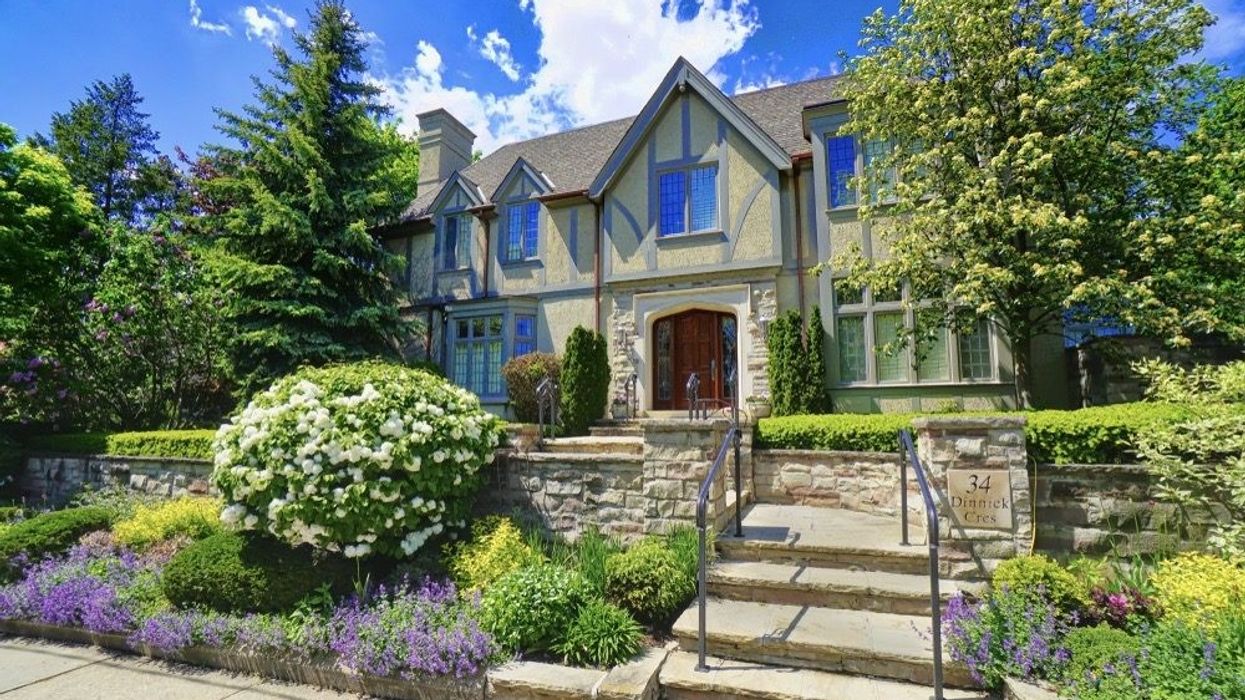When it comes to the state of housing in the Greater Toronto Area (GTA), there's no shortage of things to worry about. But according to a new poll, the housing supply shortage and the potential effects of a proposed luxury home tax are two big ticket issues for GTA residents.
Ahead of the upcoming municipal elections, the Toronto Regional Real Estate Board (TRREB), in collaboration with Ipsos, conducted a poll of GTA residents to assess their housing concerns. The polling found that 66% of Torontonians are worried that the proposed increase to the Municipal Land Transfer Tax on properties over $2M could worsen the already tight housing supply in the city.
Currently, properties valued over $2M are subject to a Municipal Land Transfer Tax rate of 2.5%, but the City has discussed the possibility of a 1% hike to generate additional funding for affordable housing and transit. The concerned residents' fears, however, stemmed from the possibility of the tax causing "move-up buyers" to hold off on upgrading, leading to fewer homes coming up for sale across all price points.
“Housing affordability is one of the most significant issues facing the Greater Toronto Area, so it is important that it continues to be given the attention it deserves before municipal election day,” said Kevin Crigger, TRREB President. "Municipal council decisions directly impact housing affordability, especially by restricting the supply of homes available to buy or rent, and by directly driving up housing prices with government imposed fees and charges which currently add up to 24% of the purchase price of a home."
To that end, 71% of all GTA residents believe that municipalities should focus their efforts on increasing the supply of homes for sale and rent, rather than trying to reduce demand. This sentiment comes as the rental market continues to remain extremely competitive, pushing prices to increasingly unaffordable levels. The housing market, although down from its February peak, is fraught with high interest rates, lowering buyers' purchasing power.
And the concerns don't end there. In the wake of increased development charges from a number of GTA cities, 54% of all respondents said they opposed the increases. In Toronto, development charges -- a fee paid by the builder per unit built when a building permit is issued -- were raised by nearly 50% in July, despite concerns from some that the cost would simply be passed onto buyers and renters, making an already unaffordable housing market even more inaccessible.
“Realtors have their ears to the ground," Crigger said. "We talk to home buyers, sellers, and renters every day, and we know that housing affordability is top of mind. Many feel like they just don’t have any or the right housing options, and they know that municipal councils can change that with policies that will bring more housing supply to the market."
Interestingly, the poll results revealed a widespread issue with the federal government's plan to make home energy audits mandatory before a sale. In fact, 73% of Torontonians and 78% of 905-area residents said they believe the audit should remain voluntary. Another large majority (64% of Toronto residents and 78% of 905 residents) said it would be more appropriate to include home energy audits as part of the current voluntary home inspection process.
Instead of mandating the audits, 83% of Torontonians and 87% of 905 residents said that governments should focus on providing financial incentives to increase a home's energy efficiency, such as rebates on efficiency-improving renovations.





















